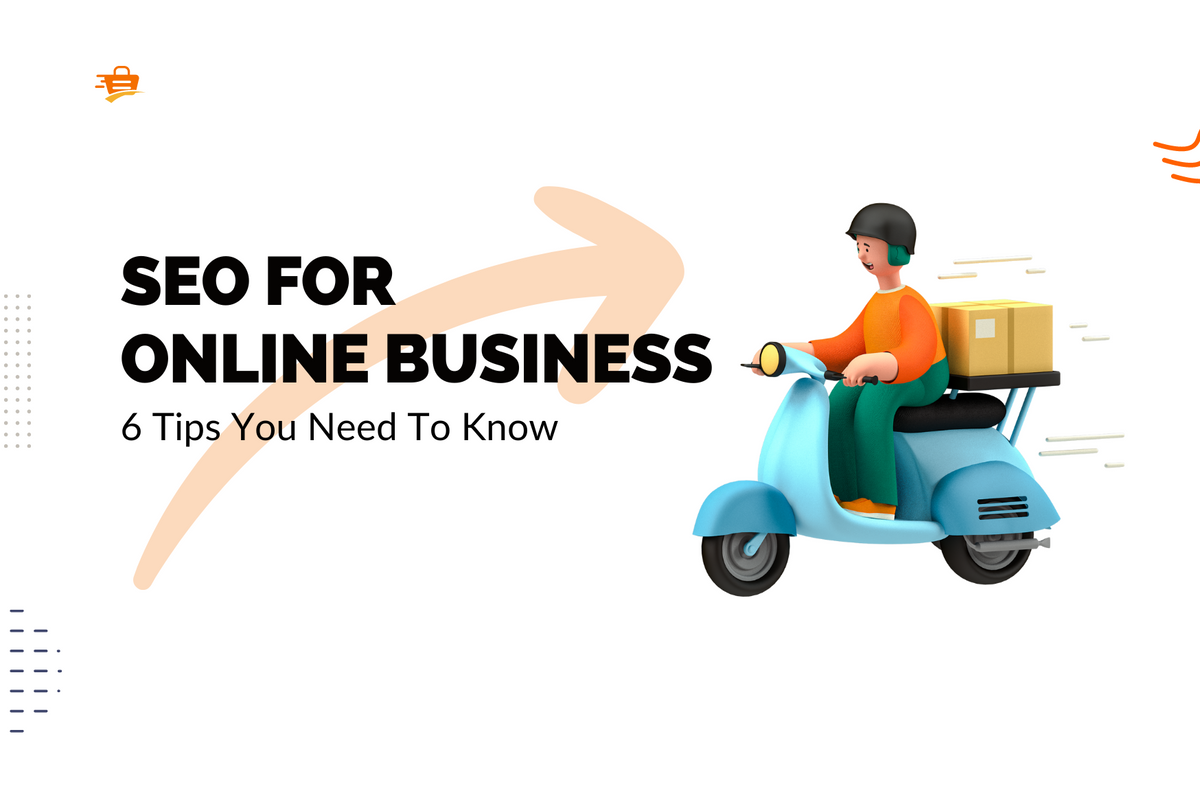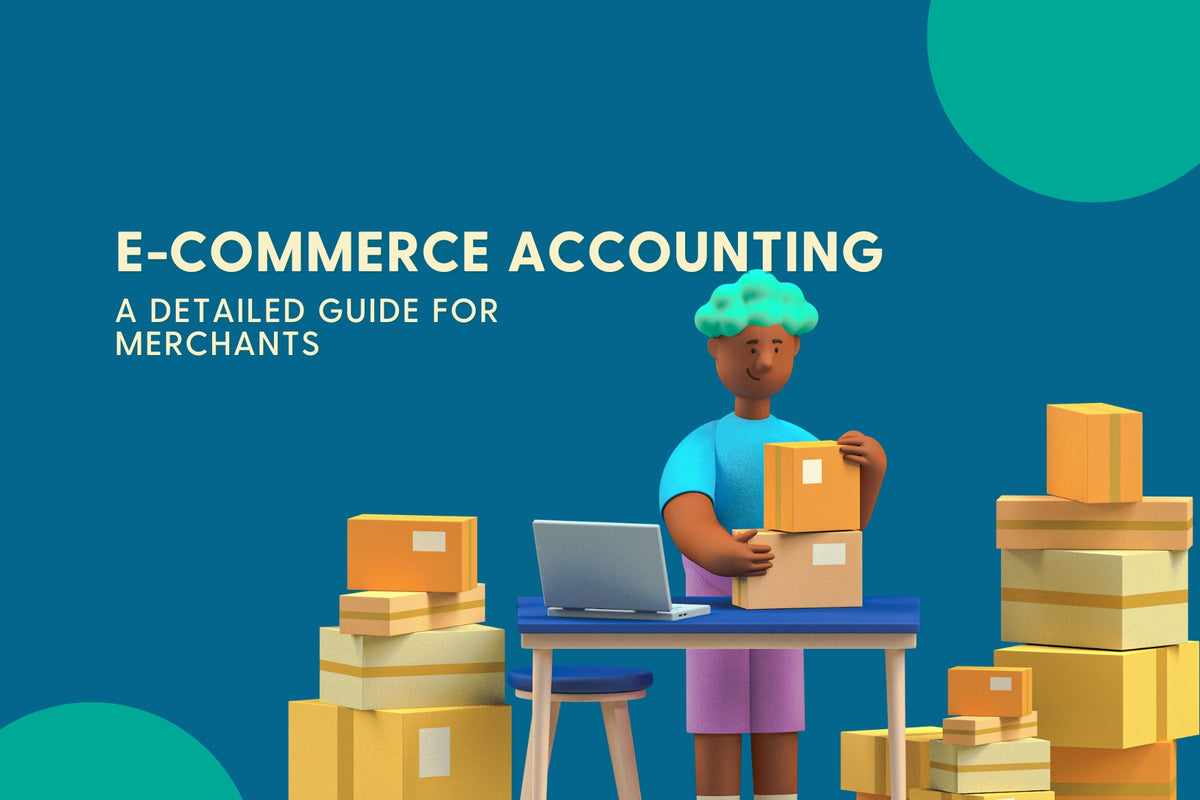Choosing the right eCommerce platform for your business is an important step. Your website is how shoppers will interact with your products and brand, so it’s crucial to get it right. Followed up Part 1 about Shopify and WooCommerce, we’ve compiled three other leading eCommerce platforms and compared them to help you decide which direction to go in when first launching your online shop. This is an insightful look into Shopify vs Wix vs BigCommerce vs Magento.
Best eCommerce platforms: Comparison
|
Criteria |
Shopify |
Wix |
BigCommerce |
Magento |
|
Ease of use |
+1 |
+1 |
+1 |
0 |
|
Costs |
+1 |
+1 |
+1 |
0 |
|
Apps and Widgets |
+1 |
0 |
+1 |
+1 |
|
Themes |
+1 |
+1 |
+1 |
+1 |
|
Scalability |
+1 |
0 |
+1 |
+1 |
|
Best for |
|
|
|
|
|
TOTAL: |
5 |
3 |
5 |
3 |
Shopify vs Wix vs BigCommerce vs Magento: Side by side comparison
1) Shopify

Shopify eCommerce platform for online stores and retail point-of-sale systems.The Shopify platform offers online retailers a suite of services including payments, marketing, shipping and customer engagement tools. Shopify provides a 14-day free trial, allowing you to test the platform without having to enter payment card information. Shopify will charge you a monthly fee if you choose a plan, which varies depending on your package.
Read more about starting an online business for dummies.
2) Wix

Wix has great designs that are specialized for small businesses, restaurants, artists, and other everyday merchants. The features lean the platform towards a more ‘portfolio’ style showcase, although this makes Wix less than ideal for large eCommerce stores.
The platform is more closely related to Shopify than WooCommerce in that you can’t customize the fundamentals of your site, but you can decorate it to look however you want.
Wix is great for small businesses that are just starting out online and don’t have much technical know-how.
The platform doesn’t offer much in the way of eCommerce features and is quite slow when lots of products (usually more than 100) are added.
3) BigCommerce

BigCommerce is a SaaS company (software as a service) which means your data is stored in the cloud and can be accessed from anywhere. They will also take care of hosting, so you don’t have to worry about that.
It’s aimed at businesses with a larger revenue, who don’t want to mess around with coding skills, although you can make edits to the HTML and CSS of your site if you want.
BigCommerce is similar to Shopify in that everything is available in-house. You can find lots of themes, apps, and customize your store directly within the platform.
4) Magento

Magento is an open-source platform written in PHP that offers an incredible eCommerce experience for larger businesses. It’s not an easy platform to use, but the rewards are high functionality and an unbeatable UI/UX.
Magento can be pricier than its contemporaries, but if you want a slick eCommerce website that shows your brand in the best light, with everything purpose-built from scratch, then this is the platform for you.
Ease of use
1) Shopify: "Designed for everyone"
Shopify, like other hosted platforms, is fairly simple to use. It's made for everyone, from seasoned eCommerce pros to complete newbies. You don't need any prior experience with website development to set up a fully functional online store with Shopify.

While open-source systems necessitate a number of steps, such as purchasing a hosting account and uploading the source code to your server, Shopify simplifies the process of launching a website. It isn't an exaggeration to say that you can have your store up and running in minutes.
2) Wix: "Beginner-friendly"
Wix is pretty easy to use compared to other eCommerce platforms. It’s designed for the everyday person who wants to build a professional portfolio, a small business website, or a full-scale enterprise online. You won’t need to learn how to code to set up your website and there are pre-built templates for a variety of industries.

Newbies can also use Wix ADI (Artificial Design Intelligence). This automated tool helps you to build your first website, doing things like connecting your social accounts, generating forms, and even suggesting the best designs for your site.
3) BigCommerce: Intuitive with pre-built plug-ins
BigCommerce is an out-of-the-box platform. This means you don’t need to rely on developers to set up your store and can instead just choose a theme and install apps for advanced sales features. That said, thanks to their targeting of larger stores, there’s still a learning curve.
BigCommerce has a lot of features under its hood that smaller stores may not need. If you’re just selling a few products then you might be better off with Wix.
4) Magento: Highly sophisticated
Magento has a notoriously steep learning curve and you’ll likely need to hire developers to set up your store. Many of the app and software installations are ultra-specific and will cost a lot of money and technical know-how to complete.
This is not a platform for the non-technologically inclined. There’s also practically no customer support whatsoever for Magento, although there is a huge and dedicated community of users and developers online who can point you in the right direction.
Costs
1) Shopify: A cost-effective solution

Before deciding to provide payment details such as your credit card information, you can try Shopify for free.
The site provides a 14-day free trial that includes full access to all of its features. Even if you provide your credit card information during this time, Shopify allows you to cancel at any time during the first two weeks without being charged.
In comparison to other platforms, Shopify's pricing plans appear to be quite expensive. However, if your business achieves potential development with the support of Shopify's sophisticated capabilities, it is completely cost-effective.
2) Wix: The most cost-saving choice
Wix is quite cheap and follows a similar fixed-price plan system like Shopify. The more storage space you want on your site, the more money you pay.
There are also apps that you might have to pay for, so keep this in mind as you scale your business. Apps include everything from marketing to sales channels, and the price can range from free to $100+.
Personal plans start at just $4.50 and scale to $24.50 per month - but these aren’t sufficient for building an eCommerce store. The Wix Business pricing plans are as follows:

3) BigCommerce: Fixed pricing based on revenue
BigCommerce is priced in fixed packages that scale based on the revenue of your store. This is a strange way to offer plans and many businesses don’t like that they have to earn more revenue just to access features like Cart Recovery.

Still, even the basic plan gives you unlimited products and staff accounts. The Plus Plan is the most balanced offering, with store credit cards and loyalty rewards.
BigCommerce also doesn’t charge any transaction fees at all, which can save you a lot of money over the course of a year.
4) Magento: A high-end option with hidden costs
Magento is very expensive. While it’s free to install, it’ll still likely cost you thousands to set up a half-decent store. More advanced Magento plans are eye-wateringly expensive for a sole trader or aspiring e-business owner.
You’ll also need to pay developers to set up your store and fix any bugs that arise. You’ll likely need them to install apps as well.
Apps and widgets
1) Shopify: All-in-one place
Shopify is by far the platform with the largest app store on the market, with over 6000 apps. Basically, you'll be able to discover practically anything there. While Shopify currently provides most of the features you'll need to get started, the App Store expands the possibilities of what you can do with your eCommerce site.
The Shopify team does an excellent job of guiding you through the massive store by allowing you to browse by categories or collections. They're so enthusiastic that they've created a "Staff choices" area with apps that the crew has hand-picked.

More marketing tools, order & inventory management, store design tools, and other apps can be found in the app store. Some allow you to connect to social media networks in order to promote your company and drive more visitors to your website.
2) Wix: Doesn't have many choices
Wix has hundreds of apps to make your website better, including marketing tools, social widgets, newsletter apps, and much more. This gives business owners plenty of opportunities to optimize their online store.

All the extensions for Wix websites are on the Wix App Market. You can use the search function or the left-side filter to find a suitable app. However, Wix App Market is much less diverse than other platforms. For example, there are only 3 apps for dropshipping on Wix while Shopify App Store has 175.
3) BigCommerce: Some free apps available
BigCommerce has several hundred apps on its own store to help you scale your business. The platform has loads of great marketing tools and advanced sales features.

An example of some marketing apps listed on the BigCommerce App Store.
There are many free plans and apps available, although most have paid plans to upgrade to. Most apps are developed by third-parties for the BigCommerce App Store.
4) Magento: Very diverse with a large price range
There are more than 3,400 apps and extensions for Magento, stored in the Magento Marketplace. The cheapest ones are under $40 and they can scale to more than $10,000 for the most expensive. There are apps to suit every need your eCommerce store could have from marketing to sales tools to SEO, just be prepared to spend a pretty penny.
Themes
1) Shopify
In general, Shopify themes appear to be neat, elegant, and appealing. Because they were created by professional designers, you won't have to worry about their functionality or usability.

Aside from the price, you should think about the aesthetic of your store in relation to what you're offering and how you want your clients to feel when they walk in. You can browse Shopify's theme page by industry or collections. Feel free to take your time picking which option best suits you.
The Liquid code allows for complete customization of any themes. Any of the themes may be customized by altering the colors, fonts, social media buttons, and other elements. Again, Shopify's simplicity makes things much easier because you can add, remove, or change parts with just a few clicks.
2) Wix: Free tailor-made templates for different industries
Wix has more than 300 of its own templates to help you set up your online store. There are different templates for different industries so you can get something uniquely tailored to your needs. The templates are all free to use once you’ve chosen a plan.

Wix has free templates for various industries including construction, coaching, and consulting.
3) BigCommerce: Various templates, but not many free options
BigCommerce theme store has dozens of high-converting templates to choose from. Much like Shopify, the themes don’t require you to learn any coding or hire a developer. You can make edits easily in the page editor.
Only 12 are free, while others will cost up to $300 or more.
4) Magento: More freedom for customization
Seeing as Magento is open-source, there are thousands of theme templates to choose from. You can visit various marketplaces to buy theme templates, or you can use one of the two the Magento offers to beginners.

An example of a paid Magento theme - Shopper Theme ($55) on Themeforest.
Customization is endless on Magento and it’s assumed that most people will design their own website. This makes it a lot more difficult to set up than out-of-the-box eCommerce platforms like Shopify and BigCommerce.
Scalability
1) Shopify
Shopify is always a viable solution, regardless of the size of your business. Its scalability is one of the characteristics that contributes to user trust and reputation. The eCommerce platform offers greatest satisfaction even for huge stores, thanks to an astounding number of add-ons and integrated services.
2) Wix: Difficult to create unique selling points
Wix is slightly less scalable than other platforms due to its rigid structure. The platform doesn’t let you access and changes the code on your site, which puts you at a disadvantage if you want to create something truly unique.
3) BigCommerce: Easy to localize and globalize
BigCommerce is very scalable and this is evident given some of the huge brands that use it, including Ben & Jerries, SkullCandy, and more.

Top brands like Ben & Jerry’s use BigCommerce to power their online presence.
There are enough currencies, translation tools, and options for international domains to ensure your business can expand across borders and flourish into a truly global brand.
4) Magento: Scaling up with substantial charges
As an open source platform, Magento is an excellent choice for growing Ecommerce companies. In fact, it’s really not a platform for small businesses. You’re more likely going to find yourself here if you’re ready to take your business to the next level.
Magento costs a lot to build with and you’d need a team of developers to help you get the platform together. That's why it’s not a good idea for eCommerce start-ups with a tight budget.
Conclusion: The winner is…
Overall, the best eCommerce platforms for small businesses in 2021 in this section are Shopify and BigCommerce. The platforms are easy to set up and manage and have plans that scale with the size of your business’s revenue.
The fair pricing of the plans makes them affordable choices for small businesses and the advanced features and apps they offers to mean they're great for scaling.



